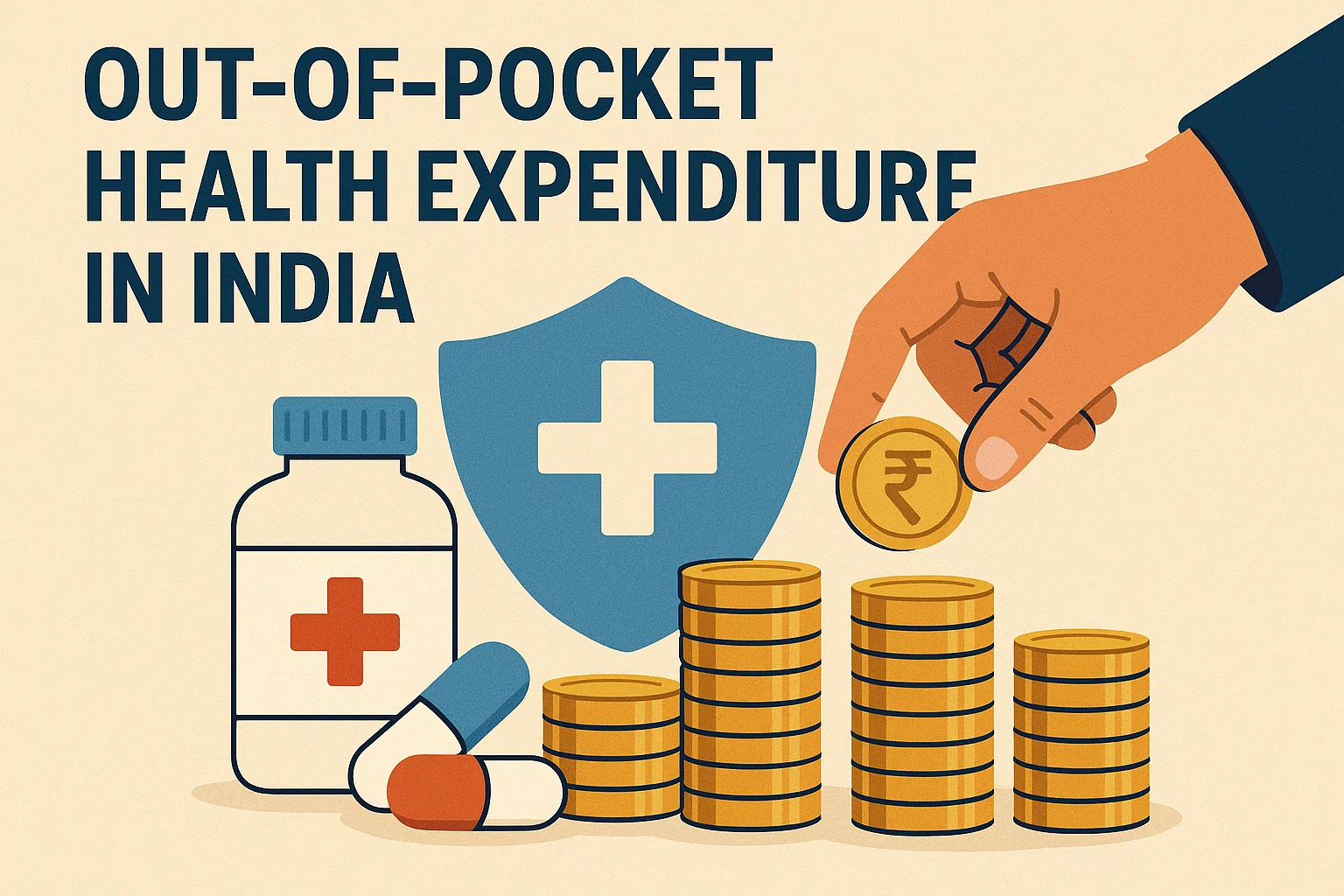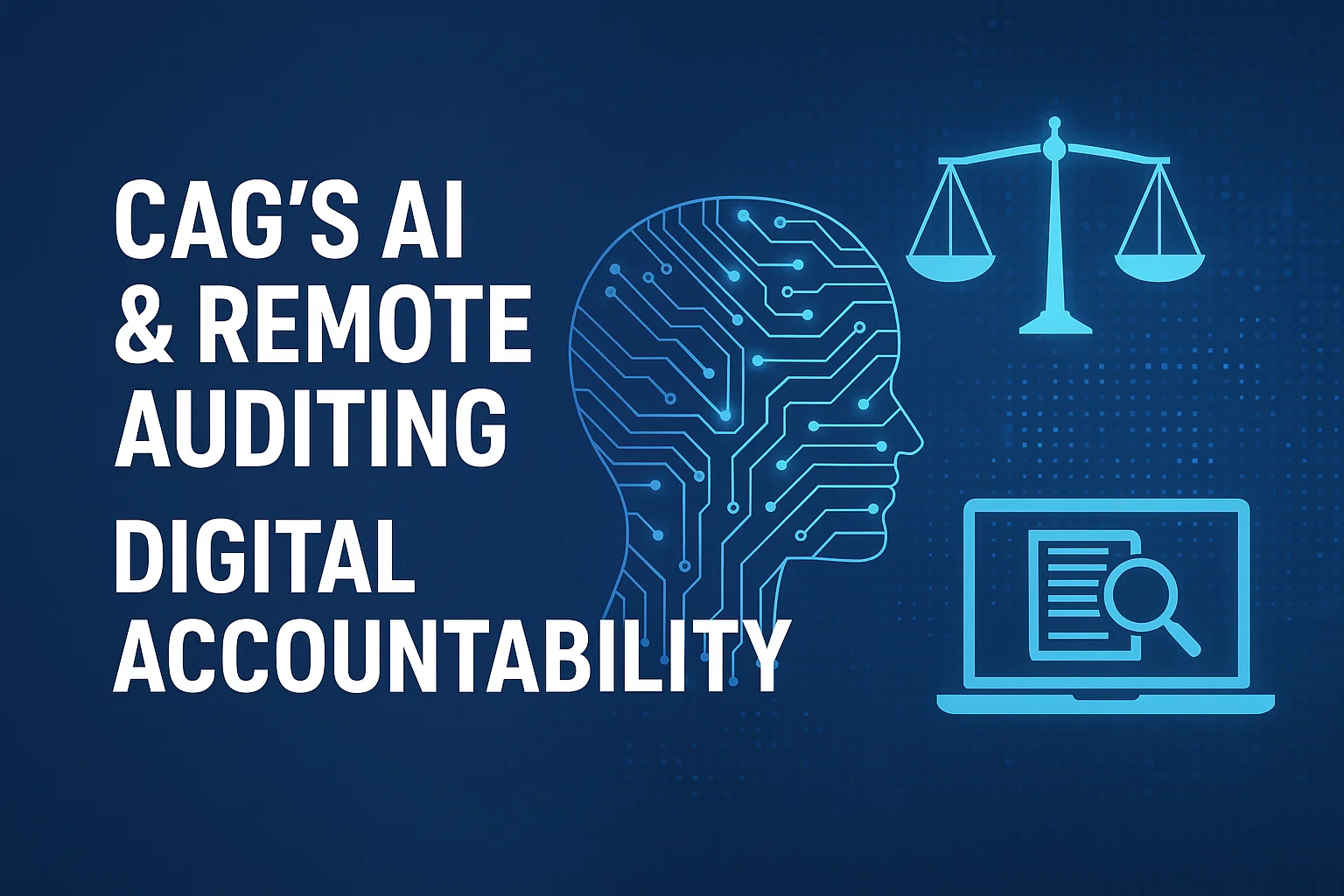Pharmacy Curriculum in India
India’s pharma curriculum gets a makeover after 10 years
Context: The Pharmacy Council of India (PCI), a statutory body under the Ministry of Health and Family Welfare, is set to revamp the pharmacy education curriculum after a gap of 10 years.
More on News
- This significant update aims to align pharmacy education with the latest advancements in healthcare, pharmaceuticals, and medical technology.
Curriculum Update Triggered by COVID-19 Pandemic
- The need to modernise pharmacy education was strongly felt in the aftermath of the COVID-19 pandemic, which exposed gaps in the healthcare and pharmaceutical systems.
- The revised curriculum seeks to bridge these deficiencies and ensure that future pharmacy professionals are better prepared for real-world healthcare challenges.
India’s Pharmaceutical Sector
It is a global powerhouse and is poised for significant growth in the coming decades. As of 2025, the industry is valued at around US$58 billion and is projected to grow to US$120-130 billion by 2030 and reach an impressive US$400-450 billion by 2047. India ranks third globally in pharmaceutical production by volume and 14th by value. It is known as the “Pharmacy of the World,” supplying approximately 20% of the global generic medicines by volume. India supplies about 40% of the generic drugs in the U.S. market and 25% of all medicines in the UK. It also meets 65-70% of the World Health Organisation’s vaccine requirements, making it the world’s largest vaccine exporter. The Production Linked Incentive (PLI) scheme with a Rs.15,000 crore outlay aims to enhance manufacturing capabilities and diversify product portfolios. Financial incentives under this scheme support domestic production and innovation.
Specialisations Introduced in B.Pharm Course
- A major highlight of the new curriculum is the introduction of two new specialisations in the Bachelor of Pharmacy (B.Pharm) program:
- Industrial Pharmacy: Designed to meet the growing demand in drug manufacturing and dosage form production.
- Clinical Pharmacy: Focuses on the pharmacological aspects of medicines, including patient counselling, treatment planning, and drug safety.
- Previously, students had limited options and could only specialise during their postgraduate (M.Pharm) studies.
- With these changes, students can now tailor their learning paths right from the undergraduate level, making them industry-ready upon graduation.
Structure of Pharmacy Education in India
- Currently, pharmacy education in India includes:
- D.Pharm (Diploma in Pharmacy) – 2-year course
- B.Pharm (Bachelor of Pharmacy) – 4-year undergraduate course
- M.Pharm (Master of Pharmacy) – 2-year postgraduate course
- The new curriculum changes will apply primarily to the third and fourth years of B.Pharm, where students will have the opportunity to choose their specialisation after completing foundational coursework in pharmaceutics, pharmacology, pharmaceutical chemistry, and pharmacognosy in the first two years.
Integration of Emerging Technologies in Pharmacy Education
- In addition to the new specialisations, the revised syllabus will incorporate cutting-edge technologies such as:
- Medical Technology (MedTech)
- Artificial Intelligence (AI)
- Machine Learning (ML)
- Medical Devices
- Pharmacy Robotics
- Advanced Manufacturing Processes
- These additions are aimed at creating a future-ready pharmacy workforce equipped to work in both traditional pharmaceutical roles and tech-driven healthcare sectors.
India’s Pharma Sector: A Growing Global Force
- India continues to be a global leader in vaccine production and the supply of essential medicines, supported by over 10,500 pharmaceutical manufacturing facilities.
- The Indian pharmaceutical sector is projected to reach $100 billion by 2025, making it one of the largest and fastest-growing in the world.
- Upgrading the curriculum is a strategic step toward sustaining this growth and strengthening India’s position in global healthcare.
Next Steps: Public Feedback and Government Approval
- The Pharmacy Council of India is in the final stages of drafting the new syllabus.
- Once completed, the draft will be opened for public comments and suggestions.
- Following the review and approval by the Health Ministry, the revised curriculum will be officially notified and implemented in pharmacy colleges across India.


